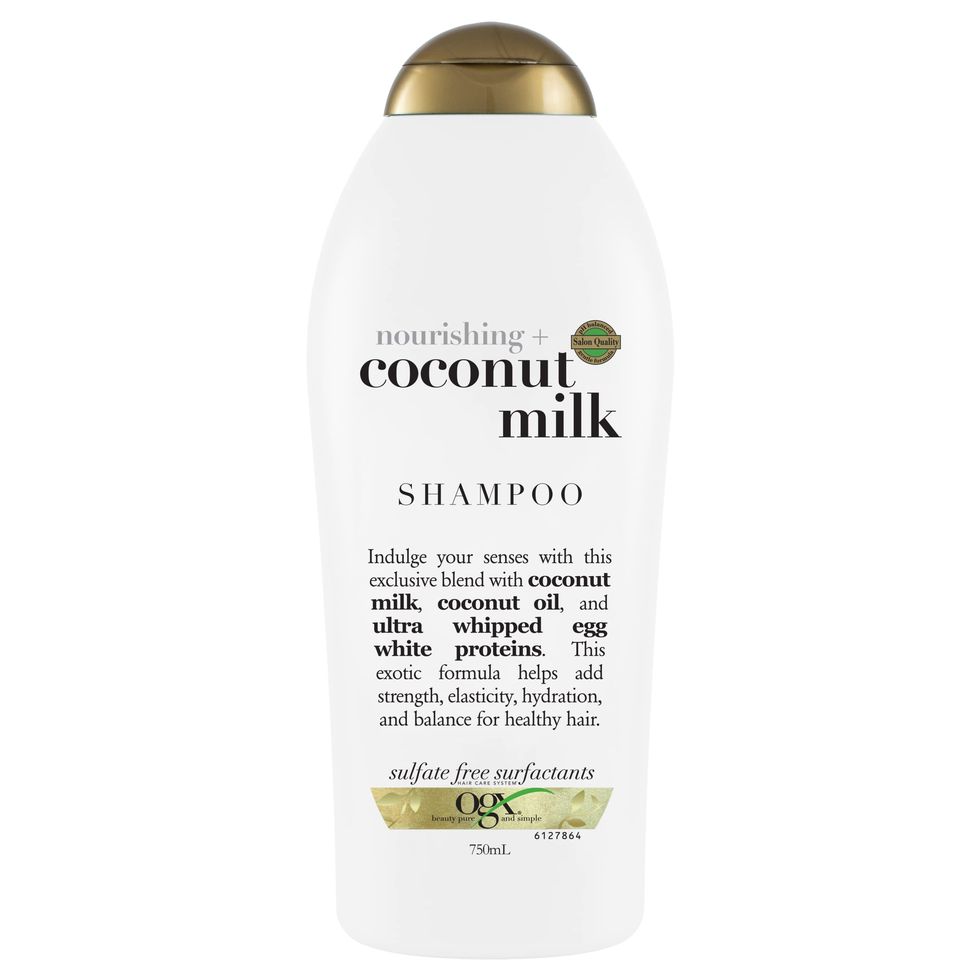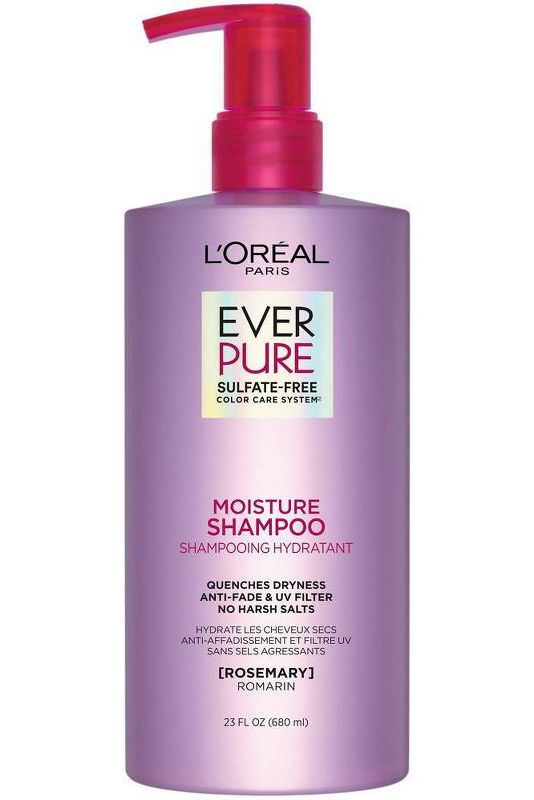The Main Principles Of Sulphate Free Shampoo
The Main Principles Of Sulphate Free Shampoo
Blog Article
The Main Principles Of Sulphate Free Shampoo
Table of Contents7 Simple Techniques For Sulphate Free ShampooThe smart Trick of Sulphate Free Shampoo That Nobody is Talking AboutThe Best Strategy To Use For Sulphate Free ShampooRumored Buzz on Sulphate Free ShampooWhat Does Sulphate Free Shampoo Do?Rumored Buzz on Sulphate Free Shampoo
We'll tell you why. In grocery store hair shampoos, we commonly discover sulfates that solution to pleasant names such as Sodium lauryl sulfate, Ammonium Laureth sulfate or Magnesium laureth-8 sulfate. These are typically inexpensive surfactants that offer a cleaning agent measurement that enables it to wash hair. Their role consists in making the product soap along with emulsify the oils such as sebum and dust with water in order to wash them off.Some people are in fact sensitive to them. If you have a sensitive scalp or dream to minimize the weakening and hair loss, limiting using items containing sulfates can assist. shampoo sulfate free. Using a sulfate-free shampoo can actually make a difference: it washes hair equally as well thanks to light surfactants, so you don't have to utilize even more of it in the shower
The Definitive Guide to Sulphate Free Shampoo
Contrarily to cleansing solutions that aggravate or completely dry hair out as a result of sulfates, a sulfate-free hair shampoo ends up being much milder. Which minimizes the itching and tightening up of the scalp. Those that made the switch from a timeless hair shampoo to sulfate-free typically observe that they are much less lured to impulse their hair because of their previously aggravated scalp.
Without a doubt, when you run your (often dirty) hands through your hair, this makes it greasier much faster. Basically, since sulfates dry hair out, irritate the scalp and there are much milder and all-natural alternatives, you may as well take advantage of it and lather up in different ways. Considering that sulfates are extremely detergent, especially the Sodium Lauryl Sulfate (SLS), they harm the hair follicle at the origin of the hair which damages it, slows down growth and over time favours loss of hair.
I have actually been paying more interest to hair scientific research information online recently. There are a great deal of totally incorrect descriptions, and strong point of views, and people chewing out each other but due to the fact that I like discomfort obviously, I'm mosting likely to discuss it. I'm beginning with sulfate versus sulfate-free shampoos. I have actually spoken about it a bit in the past, however I'm entering into even more deepness this time around.
Sulphate Free Shampoo Fundamentals Explained
Yet prior to we talk about sulfates, we need to speak about the state of hair science not just web hair scientific research, yet real academic hair science It's a mess. The video version is right here, maintain scrolling for the article variation There's three big reasons I think there's so much confusion around hair science.
Different hair just does not respond to haircare products similarly. Skin care seems complicated, however when you break it down it's really quite simple (perhaps additionally it appears by doing this to me due to the fact that I have actually been speaking about it for as long). With skin kind there's oily and completely dry and in click this between, then you have worries like great lines, pigmentation, acne.
When it comes down to it, components tend to work rather similarly for everyone (best sulfate free shampoo). If a hundred people utilize glycerin on their skin, you could have 60 individuals's skin get more moisturized and boost, 20 people's skin stays around the very same, the last 20 might worsen for one reason or another like the glycerin helped some various other active ingredient pass through and their skin obtained aggravated, or they have an allergic reaction
Sulphate Free Shampoo Fundamentals Explained

Take damp versus completely dry detangling for example. The method water interacts with hair is weird.-'m not mosting likely to enter into much detail here, that's a whole subject for one more 5 articles. But in short: it weakens the bonds gluing the within the hair with each other (which is why hair gets stretchy when it's damp), however adds stickiness to the exterior of the hair, so hairs stick extra easily and you need more force to get the comb through.
Not known Factual Statements About Sulphate Free Shampoo
These are the roof covering tile-looking cells on the surface, and that suggests they can slam against each other more and chip. Flat follicle in completely dry hair Raised cuticle in wet hair So every one of this suggests it's much less damaging to detangle hair when it's completely dry for straight hair. But it's the opposite for curly hair.
The cuticle still stands much more, the curly hair is still weak on the within and sticky outside, the hair is still more breakable. However 2 large differences: since there's much less placement (tessellation) in between curly hair strands compared to straight hair. It's like how pastas sticks a lot even more than spiral pasta.
The 25-Second Trick For Sulphate Free Shampoo

Hair researchers don't even recognize the framework of hair in that much information. The understanding is still developing relatively promptly, and there just isn't that much uniformity with terminology even in the peer assessed literary works. For instance, around the late 90s, some hair scientists determined that half the healthy protein in hair wouldn't be called keratin anymore.
And this is central to the dispute about sulfates in shampoos. Sulfates generally refers to sodium lauryl sulfate and salt laureth sulfate, two of the cleaning components or surfactants found in cleansing items such as hair shampoos. Surfactants are special since they have a head that suches as water, and a tail that suches as oil.
Report this page